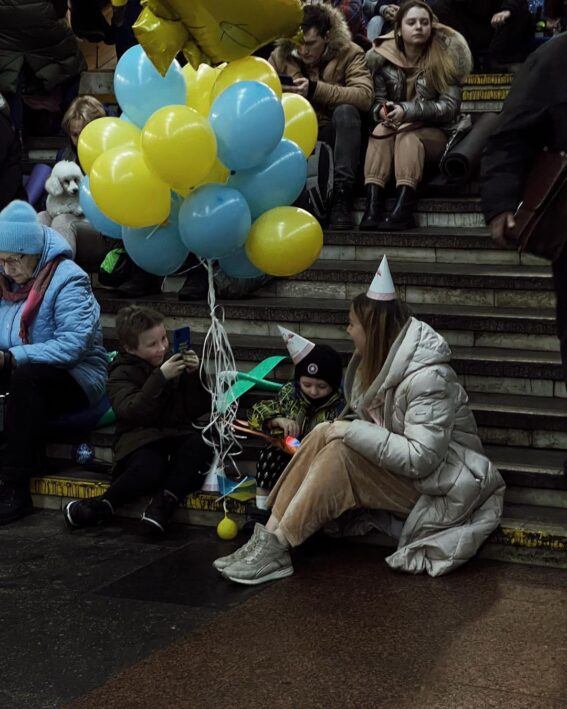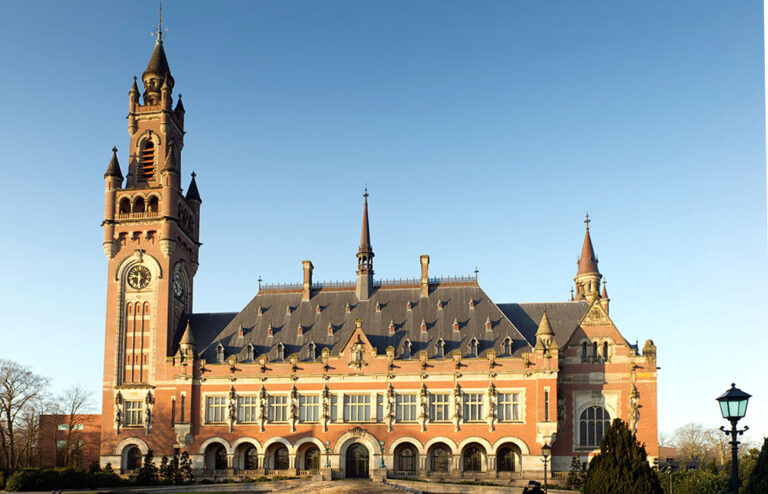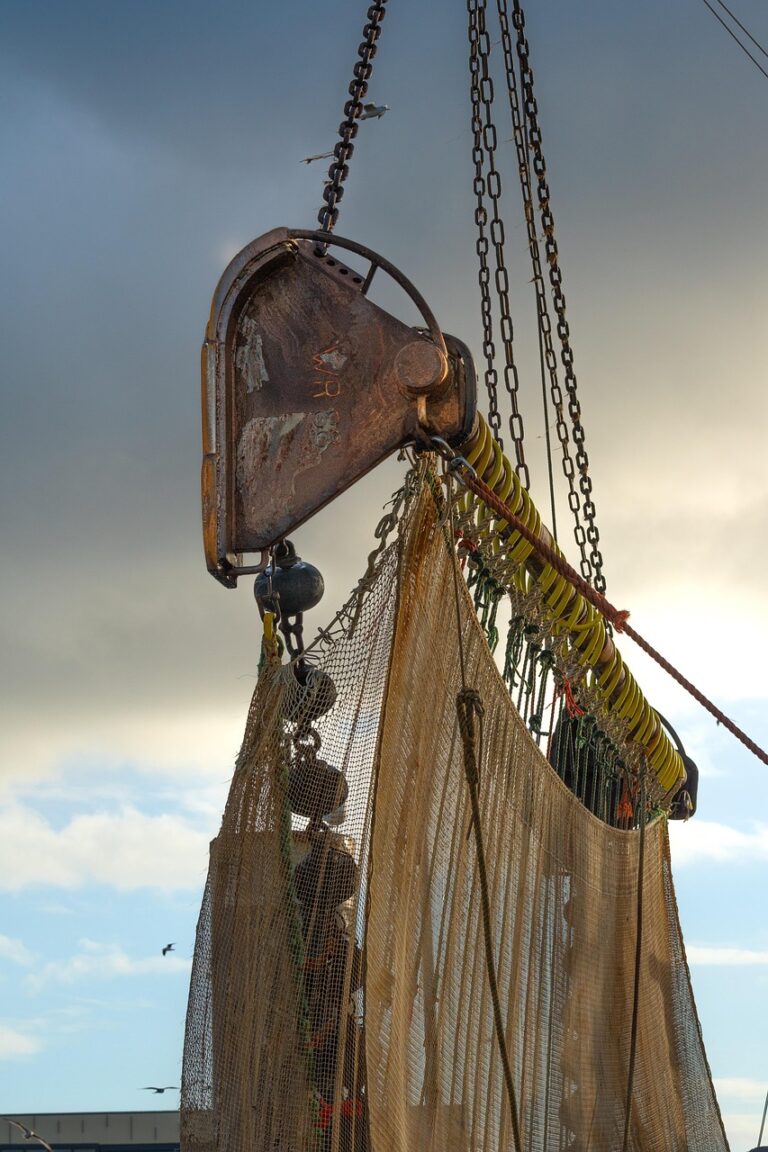
File photo of A mother with two sons hid in the Kyiv subway during an air raid on January 14. The youngest son turned 5 years old on this day. Photo by Vlad Volodin. Source Ukraine's official website
Washington: A report released today (IST) by Yale University’s Humanitarian Research Lab, through the department-supported Conflict Observatory program, details Russia’s systematic government‑wide efforts to permanently relocate thousands of Ukraine’s children to areas under Russian Government control via a network of 43 camps and other facilities.
According to the Yale University report, in many cases, Russia purported to temporarily evacuate children in Ukraine under the guise of a free summer camp, only to later refuse to return the children and to cut off all contact with their families.
The network of facilities to which these children are sent is vast, spanning from Russia-occupied Crimea across Russia itself, from the Black Sea region to its far east. The report indicates how these “abusive practices” involve officials and other individuals at all levels of Russia’s government.
Reacting to the Yale University report, Washington stated that such actions “obviously will have serious long-term implications for these children’s development”.
“[Russian President Vladimir] Putin seeks to rob Ukraine of its future by taking its children. Russia’s system of forced relocation, re-education, and adoption of Ukraine’s children is a key element of the Kremlin’s systematic efforts to deny and suppress Ukraine’s identity, its history, and its culture. The devastating impacts of Russia’s failing war of aggression will be felt for generations to come. This report and others like it reinforce US and international resolve to pursue accountability for Russia’s war crimes and other atrocities in Ukraine for as long as it takes,” US State Department spokesperson Ned Price said.
The report identifies 12 individuals that the UN – U.S. Government has not sanctioned yet. To a question about whether the US was planning to sanction those individuals, Price said, “We are always looking at individuals who may be responsible for war crimes, for atrocities inside of Ukraine. Just because we have not sanctioned an individual to date says nothing about any future action that we may take.” He elaborated that when the US puts together sanctions packages, it looks across the full realm of information that’s available to it. “In many cases that will be information that is known to the US Government that is otherwise private, and may be classified in some instances, but we also look at open-source information,” he explained.
Price said what the Conflict Observatory produced and released today “is a compelling and exquisitely documented piece of open source reporting – a comprehensive, open source report that we can use, that other fora can use going forward for their own accountability efforts”. According to him, the Conflict Observatory followed “best practices in terms of putting together, documenting precisely the sources, and making sure that the information that they have produced is admissible, whether in national courts or other multilateral venues”. He claimed that “it is a product that will be useful not only to us but to institutions and to organizations around the world who share our goal”.
– global bihari bureau





